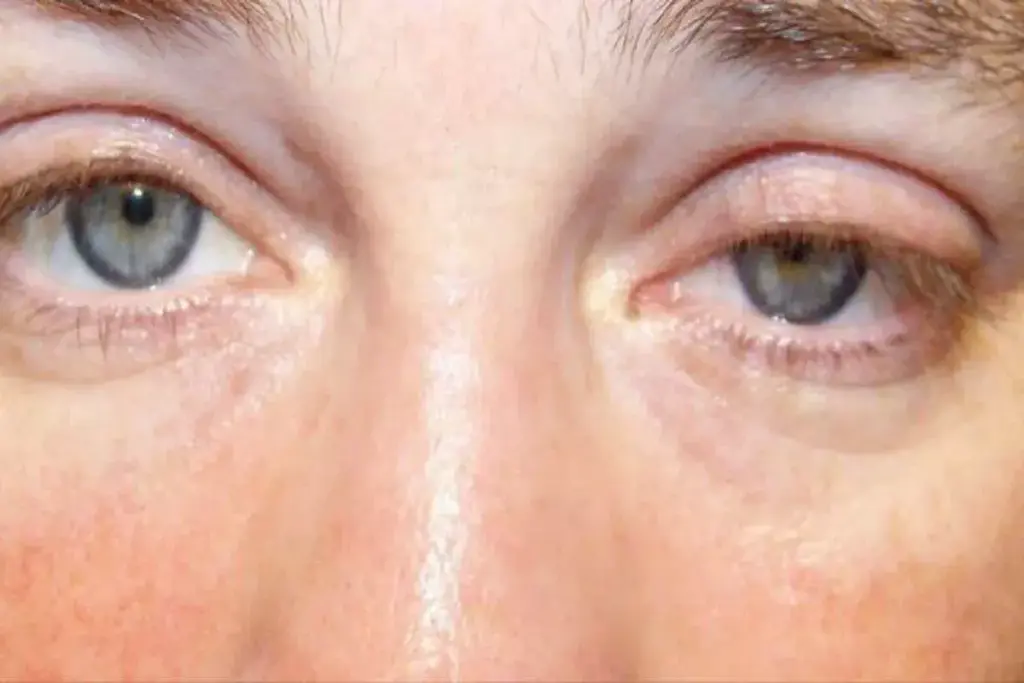
Epilepsy, also known as a seizure disorder, is a chronic neurological condition marked by recurrent seizures caused by abnormal electrical activity in the brain. The cause of epilepsy can differ from person to person, but it is often linked to genetic or hereditary factors. Epilepsy affects individuals of all genders, races, ethnicities, and ages, with approximately 1 in 26 people developing the disorder during their lifetime.
Symptoms of Epilepsy
The symptoms of epilepsy can vary widely depending on the individual and the type of seizure experienced. Some common symptoms include:
- Temporary confusion
- Staring spells
- Stiff muscles
- Uncontrollable jerking movements of the arms and legs
- Loss of consciousness or awareness
- Psychological symptoms such as fear, anxiety, or déjà vu
Additionally, individuals with epilepsy may experience behavioral changes or symptoms of psychosis. Promptly recognizing these symptoms is essential for obtaining an accurate diagnosis and appropriate treatment.

Causes of Epilepsy
The exact causes of epilepsy are not always known, but several factors can contribute to its development. The main causes include:
- Genetic Factors: Certain genetic mutations or inherited traits may increase the risk of developing epilepsy. Family history plays a significant role in determining the likelihood of developing the disorder.
- Brain Conditions: Any condition that affects the structure or function of the brain, such as brain tumors, strokes, or traumatic brain injuries, can increase the risk of epilepsy.
- Developmental Disorders: Neurological conditions present at birth or during childhood, such as autism spectrum disorder or neurofibromatosis, can be associated with epilepsy.
- Infectious Diseases: Certain infections, such as meningitis, encephalitis, or brain abscesses, can lead to epilepsy.
- Prenatal Injuries: Injuries or complications during pregnancy, such as insufficient oxygen supply to the baby’s brain, may result in epilepsy later in life.
Treatment of Epilepsy
While there is currently no known cure for epilepsy, it can be effectively managed through various treatment options. The primary goal of treatment is to control seizures and minimize their impact on daily life. The treatment options include:
- Medications: Anti-seizure medications, also known as anticonvulsant drugs, are the most common form of treatment for epilepsy. These medications help to regulate brain activity and reduce the frequency and intensity of seizures.
- Surgery: In some cases, when seizures are localized to a specific area of the brain, surgery may be an option. Surgical procedures can remove or modify the part of the brain responsible for triggering seizures.
- Vagus Nerve Stimulation (VNS): VNS is a surgical procedure that involves implanting a device that stimulates the vagus nerve. This stimulation can help reduce the frequency and severity of seizures.
- Ketogenic Diet: The ketogenic diet, a high-fat, low-carbohydrate diet, has been found to be effective in reducing seizures in some individuals with epilepsy, particularly in children.
Working closely with healthcare professionals is essential for individuals with epilepsy to identify the most effective treatment plan tailored to their needs.
* Liv Hospital Editorial Board has contributed to the publication of this content .
* Contents of this page is for informational purposes only. Please consult your doctor for diagnosis and treatment. The content of this page does not include information on medicinal health care at Liv Hospital .
For more information about our academic and training initiatives, visit Liv Hospital Academy

Frequently Asked Questions

Can epilepsy be cured?
Currently, there is no known cure for epilepsy. However, with proper treatment and management, seizures can often be controlled, allowing individuals to lead fulfilling lives.
Can epilepsy be inherited?
Yes, genetics plays a role in epilepsy. Having a family history of epilepsy increases the risk of developing the condition.
Are all seizures related to epilepsy?
No, seizures can be caused by various factors such as fever, head injuries, or other medical conditions. Epilepsy is diagnosed when a person experiences recurring unprovoked seizures.
Are there any lifestyle changes that can help manage epilepsy?
Yes, adopting a healthy lifestyle, managing stress, getting enough sleep, and avoiding triggers that may provoke seizures can help in managing epilepsy.
Can epilepsy affect a person’s cognitive abilities?
Epilepsy can sometimes have an impact on cognition, particularly if seizures are frequent or severe. However, with proper treatment and management, cognitive abilities can often be preserved.










